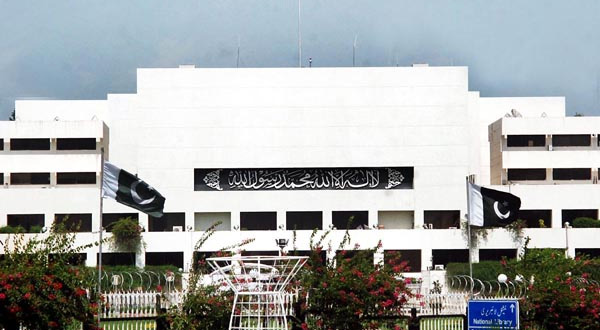BEIJING: India’s entry into a club of countries controlling access to sensitive nuclear technology was not on the agenda at a plenary of the 48-member bloc this week, China announced on Monday, a day after Indian foreign minister Sushma Swaraj said Beijing was not opposed to her country’s bid.
China has stonewalled India’s membership of the Nuclear Suppliers Group on the grounds that it is not a signatory to the Nuclear Non-Proliferation Treaty (NPT). The group, set up in response to India’s first nuclear test in 1974, aims to prevent the proliferation of nuclear weapons.
Opinion of the member countries was divided not only about India’s inclusion, but also on the inclusion of all non- NPT members, Chinese foreign ministry spokesperson Hua Chunying said.
“The inclusion of non-NPT members has never been a topic on the agenda of NPT meetings. In Seoul this year there is no such topic,” Hua said.
New Delhi has been making all efforts before the June 24 session. The NSG controls access to nuclear technology, which India needs, for one, to meet its increasing power requirements.
But, Beijing’s categorical statement comes as a surprise as Swaraj said a day ago that China was not against India’s inclusion but was talking “only about the criteria and procedures”.
Reiterating China’s stand, Hua said on Monday the NPT was the “cornerstone” for non-proliferation and Beijing wanted detailed discussions on the issue.
India enjoys most of the benefits of membership under a 2008 exemption to NSG rules granted to support its nuclear cooperation deal with Washington, though the country has never signed the treaty.
Indian foreign secretary S Jaishankar was in Beijing on June 16 and 17 on a low-key visit and met foreign Chinese minister Wang Yi. Hua said though the two sides exchanged ideas, Beijing wanted more talks on the issue.
“It is not directed against any one country,” Hua said, talking about China’s stand that virtually dashed India’s hopes.
The NSG works on the principle of consensus and a single hold-out country can spoil India’s chance to be part of the grouping.
India claims to have got the backing of most countries, including the US, Britain, Italy, Mexico, Switzerland and Russia.
Opponents argue that granting India membership will hurt efforts to prevent proliferation. It will also irk India’s rival Pakistan , an ally of China , which has responded to India’s membership bid with one of its own.





